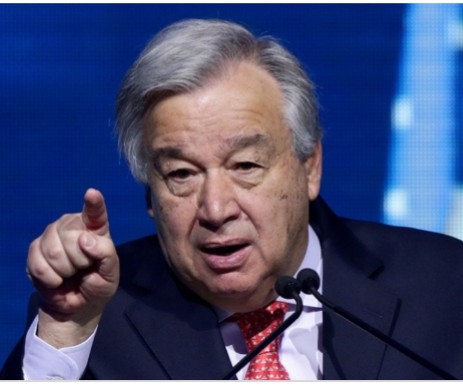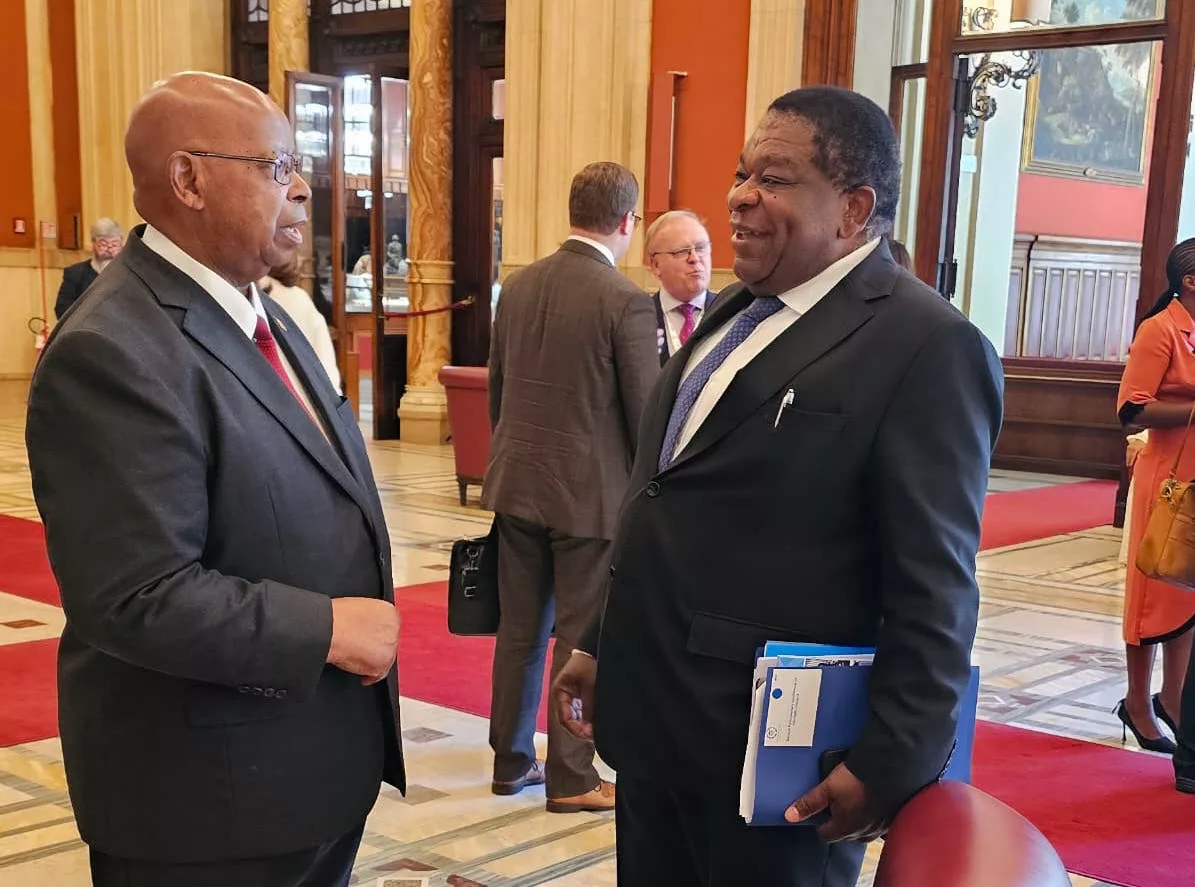By Moses Chibaya and Byron Mutingwende
The electoral body, Zimbabwe Electoral Commission (ZEC), should not regulate who is supposed to vote come 2018 when Zimbabwe hold the make or break election, regional poll watchdog has said.
The think tank and advocacy institution on elections and democracy, Election Resource Centre (ERC), has dismissed ZEC’s claims that people in the diaspora will need to come back home to register to vote ahead of the 2018 elections.
“It is therefore not up to the Zimbabwe Electoral Commission (ZEC) to determine that citizens outside the country will not be able to vote come 2018, but mandatory for ZEC and other electoral stakeholders to urgently align Electoral Laws with the Constitution, thereby ensuring a level playing field in electoral processes,” Tawanda Chimhini said in a statement.
Chimhini said the adoption of the new constitution in 2013 opened an opportunity for every Zimbabwean to vote.
“The argument about whether or not Zimbabweans in the diaspora should vote has been water under the bridge since the adoption of the “new” Constitution of Zimbabwe in 2013 which extended the right to vote to all citizens above the age of 18 years,” he said.
Chimhini said section 67(3) of the Constitution stipulates that, “every Zimbabwean citizen who is of or over eighteen years of age has the right to vote in all elections and referendums to which this Constitution or any other law applies and to do so in secret.”
The more-than-a decade-long political and economic turmoil has seen a steady growth and establishment of a Zimbabwean diaspora population in countries such as Zambia, Mozambique, Swaziland, South Africa, the United Kingdom, Canada, Australia, the United States of America and many others across the globe.
“Therefore defining national population in terms of only those within the country and only extending franchise to a few in the diplomatic community is an affront to broad-based electoral democracy,” Chimhini said.
He added that democracy entails giving everybody the opportunity to participate as the outcome of any election impacts on them.
“The diaspora population deserves a chance to contribute to Zimbabwe’s democracy not only because they are Zimbabwean nationals, but because they already constitute a ‘critical mass’ with a lot to contribute to their country other than remitting money,” charged Chimhini.
The ERC said it is incumbent upon ZEC to set up administrative regulations to cater for Zimbabweans in the diaspora even without alignment of Electoral Laws with the Constitution in the same manner they conducted voter registration without the enabling law. ERC has since submitted a petition to Parliament of Zimbabwe calling for the alignment of the Electoral Act with the Constitution.






